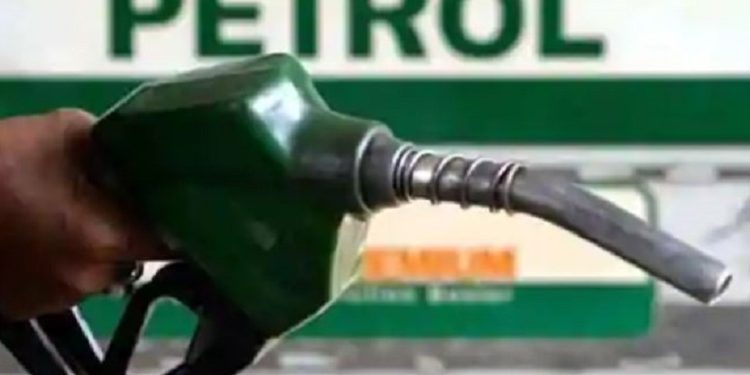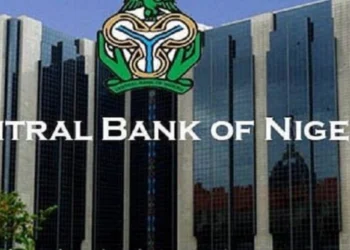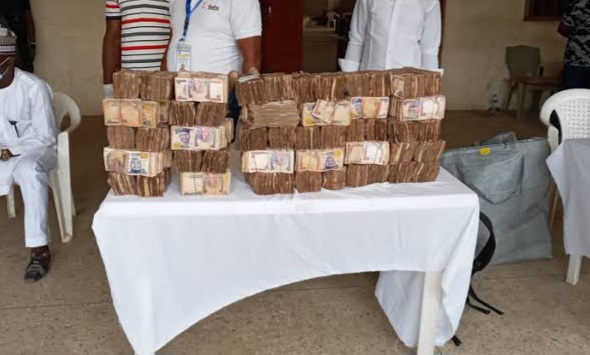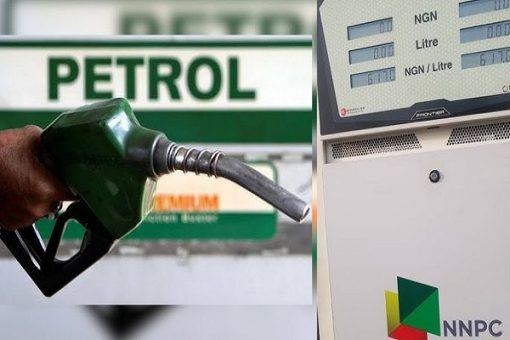Oil marketers on Monday have announced the commencement of petrol importation into Nigeria.
The chief executive officer of NMDPRA, Farouk Ahmed made this known at a crucial meeting of stakeholders in Lagos on Monday.
Ahmed said of the 56 oil marketing companies that applied for licences, 10 have demonstrated commitment while three have imported fuel into the country.
Ahmed listed the three companies as: A.Y. Ashafa, Prudent and Emadeb that imported 59,000 litres, 15,000 litres and 30,000 litres respectively.
The prices of fuel in Nigeria is expected to be dropped in the coming weeks following the development.
According to the Executive Secretary of the Major Oil Marketers Association of Nigeria (MOMAN), Clement Isong, fuel imports will increase the availability of fuel in the country, considering the Nigerian National Petroleum Company (NNPC) Limited has already imported a large consignment.
“Let me say that NNPCL has imported significantly to prevent the country from running dry. The vessels NNPCL imported are offshore Nigeria, so they have a significant volume, therefore in all circumstances the country will not run dry.
“So the options everybody has is that they can buy from NNPCL ex-depots or they can go and import from Europe or from other places. The assignment is that you compare your price if you buy from NNPCL or import from Europe.
“More or less, the taste of the pudding is in the eating. So do your calculation as the best as you can. But you will only know the full impact when the product is in your tank. If it goes right, it is then that you will know how competitive your price is. The more you do it, the more efficient you become,” Isong stated.
This is expected to force the prices of fuel down after the major importers’ fuel vessels land in Nigeria, as the Independent Petroleum Marketers Association of Nigeria (IPMAN) also intend to compete against the major importers and NNPC.
The Secretary of IPMAN, Abuja-Suleja, Mohammed Shuaibu, said due to competition, the prices of fuel at the private depots have dropped compared to that of the NNPC, which is in favour of the retailers.
In the report, Shuaibu said: “The sector has been deregulated and, of course, if you have the power you will go and import. It is not going to be only the major marketers, independent marketers are also picking interest and there will be competition.
“And, of course, I know that sooner than later, the price of petrol will be forced down, particularly once the products from marketers start hitting the country from next week. This is because market forces will now determine the price.
“It is not going to be solely imported by NNPCL again, for instance, this week, the private depots reduced their prices, different from what NNPCL is selling. So there is a reduction lower than what NNPC is selling.”
Meanwhile, Isong disclosed the unification of the foreign exchange rates has played to the advantage of the oil marketers. He explained that they can now access credits from their suppliers, while others with LCs (Letters of Credits) or means of borrowing can also partake in the importation of oil, as the unification creates a level playing field for all.
“People access forex from different places. Just that it is easier for some people than others. Some people have strong banks, while others have other means of accessing forex. So everyone plays on their strength and ability to access forex.
“And it must be stated that the floating of the exchange rate is a plus, for instance, some people can go and get credits from their suppliers, while others have LCs (Letters of Credits), means of borrowing, etc.
But the most important thing is that there is a unified exchange rate and that makes people more confident in going to import. There is no unfair advantage, where in the past some persons have access to low exchange rates,” Isong stated.
Expatiating the situation around credit from suppliers, Isong said: “If you have a good relationship with your supplier, they can give you products on credit. It is a function of the relationship you have with your supplier.
“Obviously, the way the market works, if you have it on credit you pay a little bit more.”







